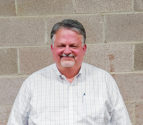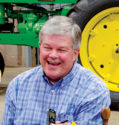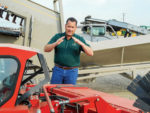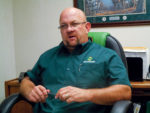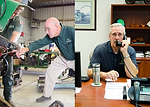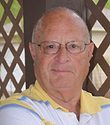Advertise Follow Us
Farm Equipment
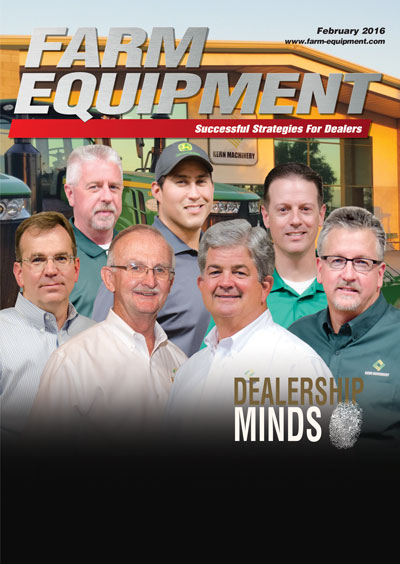
View Archived Issues
February 2016
Volume: 54
Edition: 2
Dealership Minds: Profile of a Successful Dealership
-
Table of Contents
Table of Contents
Dealership Minds 2016 Overview: Kern Machinery
Adapt and adapt again is this dealership’s mantra as it thrives in California’s highly diverse and rapidly changing ag environment.Read More -
Featured Articles
Featured Articles
Dealership Minds 2016 Overview: Kern Machinery
Adapt and adapt again is this dealership’s mantra as it thrives in California’s highly diverse and rapidly changing ag environment.Read More -
Online Extras
Online Extras




